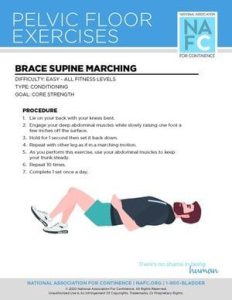Sensitive teeth – clarify causes and use help options

Sensitive teeth – what to do?
Sensitive teeth can be sensitive. If hot, cold, sweet, sour or daily tooth brushing causes pain, the dentist should clarify the cause.
In healthy teeth, the tooth is optimally protected by one of the hardest substances in nature. The enamel covers the tooth from the crown to the gum line.
The adjacent neck of the tooth has no enamel, but in a healthy state it is surrounded by the gums in the form of a collar and is thus protected.
Exposed tooth necks as a cause of sensitive teeth
If the gums recede, the sensitive tooth necks are exposed. Stimuli such as hot or cold can now reach the tooth nerve directly via fine dentinal tubules. Patients complain of pulling pain.
The gums often recede due to periodontitis, i.e. inflammation of the periodontium. Even brushing teeth can be painful, so oral hygiene is quickly neglected.
This can cause the inflammation to spread further and expose the necks of the teeth even more. The periodontitis should be treated in any case. Another reason for exposed tooth necks can be an incorrect brushing technique. Brushing too hard “scrubs” the gums away at the same time.
When teeth become thin-skinned
Teeth can also become sensitive and hypersensitive when the protective enamel becomes thinner. “Some foods contain acids. These can damage the teeth without caries bacteria being involved,” explains Prof. Dr. Nadine Schlüter, University Hospital Freiburg.
“Acid can dissolve the minerals calcium and phosphate from the enamel, damaging them. This is what dentists call erosion.”
Particularly dangerous for tooth enamel: acidic soft drinks. They are especially popular with children and adolescents. But even healthy foods such as many types of fruit or salad dressings prepared with vinegar contain tooth-damaging acids.
Similarly, stomach acid from frequent vomiting or heartburn can cause erosion of tooth enamel. In addition to acids, overloading of the teeth due to malocclusion or stress-induced teeth grinding can also lead to damage to tooth enamel.
Sensitive teeth – This can be done
The dentist has various options for treating pain-sensitive teeth. He can seal the dentinal tubules with a fluoride varnish or special plastic varnishes.
There are also ways to help sensitive teeth at home: A toothbrush with rounded bristles and controlled brushing with little pressure is gentle on the neck of the teeth. Some electric toothbrushes even indicate too much pressure. Z.B. special toothpastes for sensitive teeth contain fluoride and scrub much less than conventional pastes.
However, it is important that the teeth are still thoroughly cleaned with all caution. A mouth rinse containing fluoride can also reduce the sensitivity of the teeth further.
Basically, the sensitivity to pain can only be reduced in the long term if the actual cause of the sensitive teeth is also treated.






